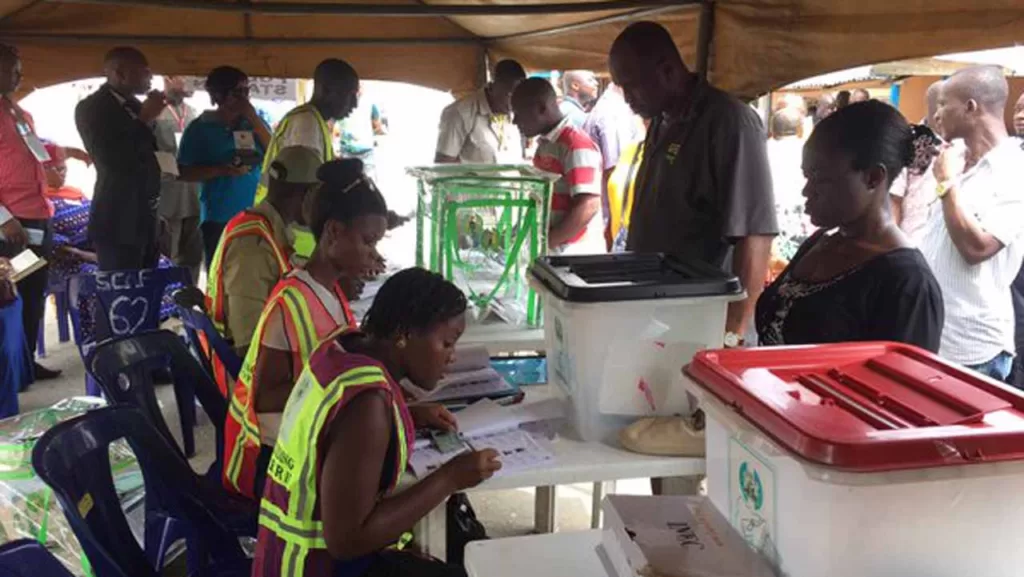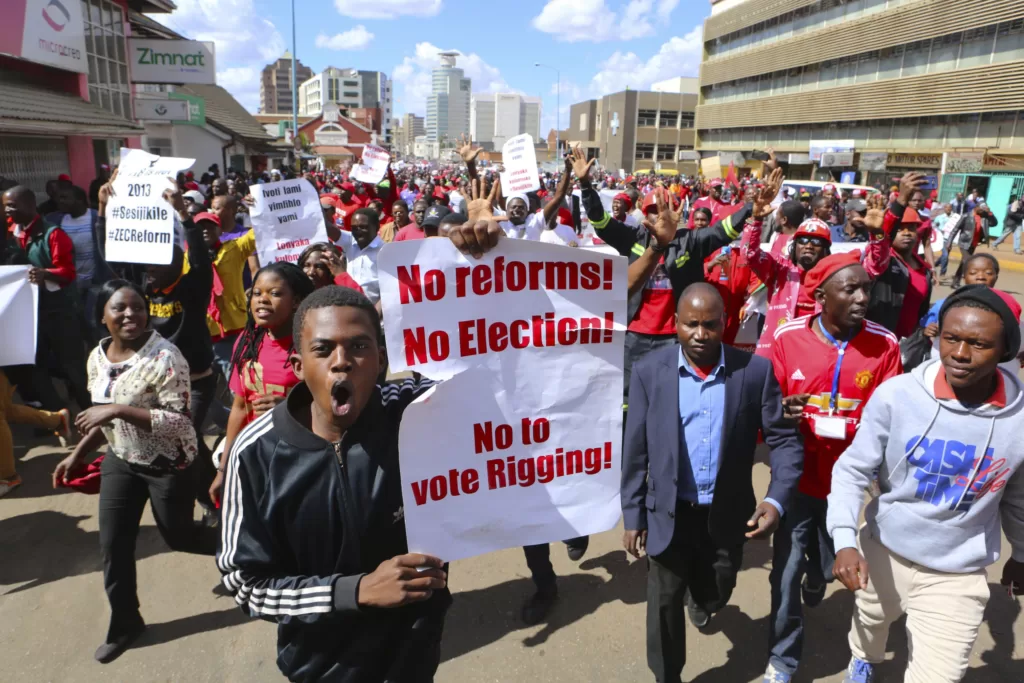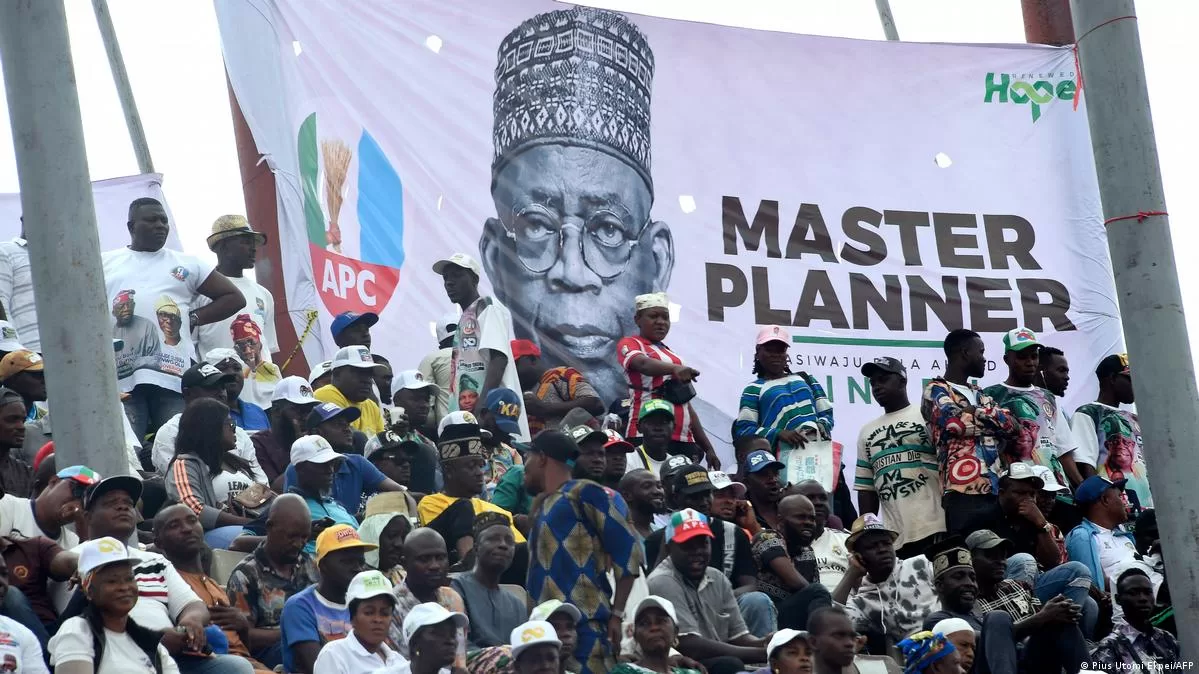Election rigging is a persistent challenge in many African countries, including Nigeria. Manipulation of the electoral process through voter intimidation, vote-buying, ballot box stuffing, or other means leads to widespread mistrust in democratic institutions, violent conflicts, and undermines the legitimacy of elected leaders. This practice has far-reaching consequences that impact political stability and economic development, including discouraging foreign investment, trade, and aid.
The History of Election Rigging in Africa
The issue of election rigging in Africa has been a long-standing problem, with many leaders seeking to maintain their grip on power through illegitimate means. One of the earliest examples of election rigging in Africa can be traced back to the 1960s, during the era of post-independence African politics.
Since then, several African countries have witnessed numerous cases of election rigging. For instance, in Zimbabwe, the 2008 presidential elections were marred by allegations of electoral fraud and violence, leading to a disputed outcome and an eventual power-sharing agreement. In Kenya, the 2007 presidential elections resulted in a violent political crisis that claimed the lives of over 1,000 people and displaced thousands more, following claims of election rigging.
Similarly, in Nigeria, the 2007 elections were also characterized by allegations of widespread electoral fraud and violence, prompting international condemnation and sanctions. Other African countries that have experienced election rigging include Uganda, Cameroon, and the Democratic Republic of Congo, among others.
In recent years, several African countries have made efforts to address the issue of election rigging through the introduction of electoral reforms and the establishment of independent electoral commissions. However, despite these efforts, election rigging remains a significant challenge in many African countries, with many leaders resorting to violence and intimidation to retain their hold on power. This has been the major cause of electoral crises in Africa specifically in countries like Nigeria where Nigerians are always under pressure to have their votes undermined.
Factors Contributing to Election Rigging in Africa
- Weak institutions are a common feature in many African countries and can make it difficult to ensure free and fair elections. Institutions such as the judiciary and electoral commissions may lack the necessary resources, capacity, and independence to carry out their functions effectively. This can create loopholes that political leaders can exploit to rig elections.
2. Corruption is also a significant factor that contributes to election rigging in Africa. Politicians may bribe electoral officials, intimidate voters, or manipulate the vote-counting process to achieve their desired outcomes. This undermines the integrity of the electoral process and erodes public trust in democracy.
3. Ethnic and religious tensions are prevalent in many African countries and can be exploited by political leaders to manipulate electoral outcomes. Leaders may appeal to ethnic or religious loyalties to gain support, or they may use violence and intimidation to suppress opposing groups.
4. Finally, a lack of transparency in the electoral process can also contribute to election rigging. The absence of clear rules and regulations for the conduct of elections, a lack of access to information, and limited oversight by independent observers can make it easier for political leaders to rig elections without detection.
By understanding these factors, we can develop strategies to address them and improve the integrity of elections in Africa. It is crucial to strengthen institutions, promote transparency, and hold leaders accountable for their actions. Only then can we achieve truly free and fair elections that reflect the will of the people and promote democracy and development in Africa.

Challenges to eradicating Election Rigging in Africa
One of the main challenges in combating election rigging in Africa is the lack of effective electoral laws and regulations. While most African countries have some form of election law, many lack the necessary provisions to ensure a free and fair electoral process. Existing laws are often not enforced or circumvented by ruling parties to maintain their grip on power. Additionally, many African countries lack independent electoral commissions that can oversee and monitor elections, which further undermines the credibility of the electoral process.
Corruption and patronage politics are also major challenges in many African countries, including Nigeria. Politicians often view elections as an opportunity to gain access to power and resources, rather than as a means of representing the interests of the people. As a result, political elites engage in election rigging to maintain their power and influence, and ensure access to the country’s resources. This is particularly true in countries with a history of conflict and instability, where the risks of losing power are significant.
Types of Election Rigging in Africa
Some of the most common forms of election rigging in Nigeria and other African countries include:
- Voter suppression: This refers to any tactic aimed at reducing the number of people who are able to vote. For example, this can include creating barriers to registration or preventing opposition supporters from accessing polling stations.
- Ballot stuffing: This involves adding fake or extra ballots to the ballot box in order to influence the outcome of the election. This can be done either before or after the voting has taken place.
- Intimidation: This can take many forms, including physical threats or violence, verbal abuse, and harassment. It is often used to discourage opposition supporters from voting or to coerce them into voting for a particular candidate.
- Tampering with election results: This involves manipulating the results of the election after the voting has taken place. This can include falsifying vote counts, altering voter records, or hacking into electronic voting systems.
- Vote buying: This refers to any plot to illegally convince electorates to vote for a certain candidate either with money or favours. There have been constant accusations of vote rigging via vote buying in elections in Nigeria and other African countries for decades.
These forms of election rigging are often used in combination with each other, making it even more difficult to ensure free and fair elections. In order to prevent election rigging, it is essential to have strong institutions and laws in place, as well as a commitment to transparency and accountability from all parties involved in the electoral process.

Solutions to election rigging in Africa
One approach is to strengthen electoral laws and regulations and ensure their effective enforcement. This involves empowering independent electoral commissions and providing them with the necessary resources and authority to conduct credible elections. There needs to be a strong political will to fight against election rigging and to hold those responsible accountable for their actions. Strong institutions and the promotion of democratic values are key.
Increasing transparency in the electoral process is another solution. The use of new technologies, such as biometric voter registration and electronic voting systems, can ensure the integrity of the electoral process. Civil society organizations and international observers can play a critical role in monitoring the electoral process and reporting any irregularities or incidents of violence. By increasing transparency, it becomes more difficult for politicians to engage in election rigging without being detected.
Election rigging has been a long-standing problem in African politics, with many leaders seeking to maintain their grip on power through illegitimate means. Several African countries have witnessed numerous cases of election rigging, including Zimbabwe, Kenya, Uganda, Cameroon, and the Democratic Republic of Congo, among others. Weak institutions, corruption, ethnic and religious tensions, and lack of transparency in the electoral process contribute to election rigging.
To address election rigging in Africa, it is crucial to strengthen institutions, promote transparency, and hold leaders accountable for their actions. Only then can we achieve truly free and fair elections that reflect the will of the people and promote democracy and development in Africa and Nigeria.














